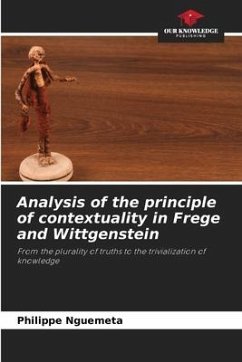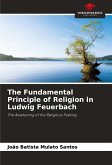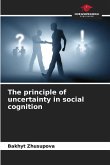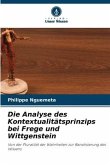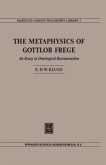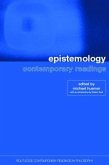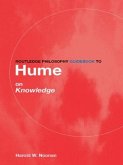This text analyzes the implications/issues of epistemological contextualism in the theory of knowledge with authors such as Gottlob Frege and Ludwig Wittgenstein. In The Foundations of Arithmetic and Philosophical Investigations respectively, these two authors supported the idea that the conditions for determining truth or knowledge depend on the context of enunciation, the conversational context or the cultural context. In this way, there are several rival conceptions and epistemic norms, because the statements we make only make sense in the context in which they are uttered. Also known as Frege's principle, this contextualism was intended to combat psychologism and compositionality, which admit that the meaning of a sentence depends on the combined meanings of its individual parts. Following Frege's lead, Wittgenstein took up this principle and established that the context of a statement is now the basis of the scientific edifice. From then on, a statement would only have meaning if it could be translated into a context and not into descriptions of things.
Bitte wählen Sie Ihr Anliegen aus.
Rechnungen
Retourenschein anfordern
Bestellstatus
Storno

